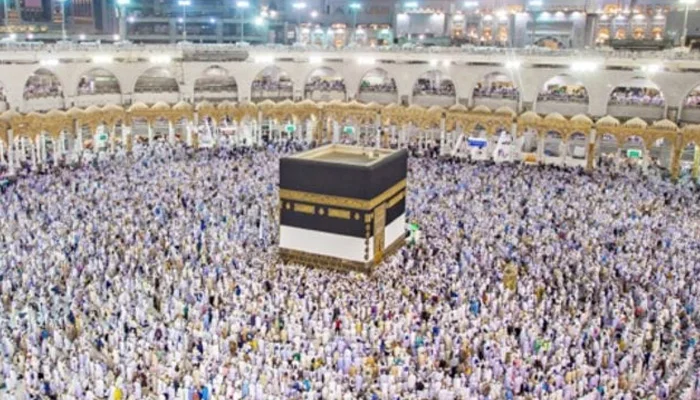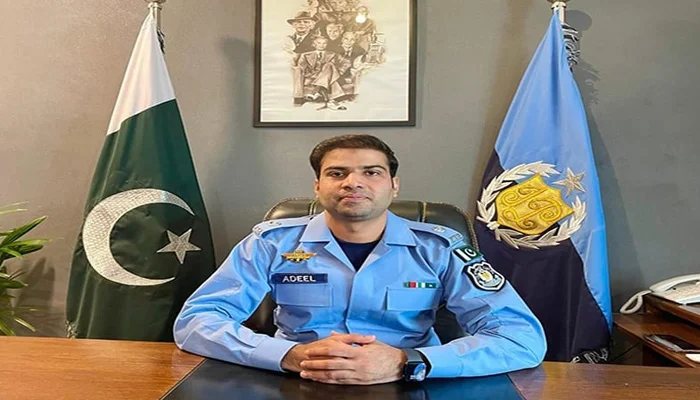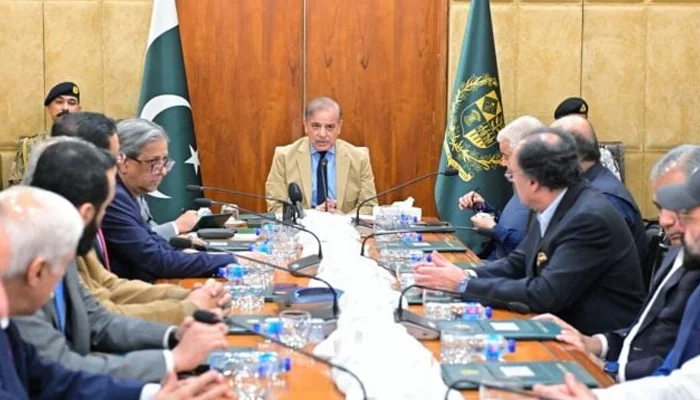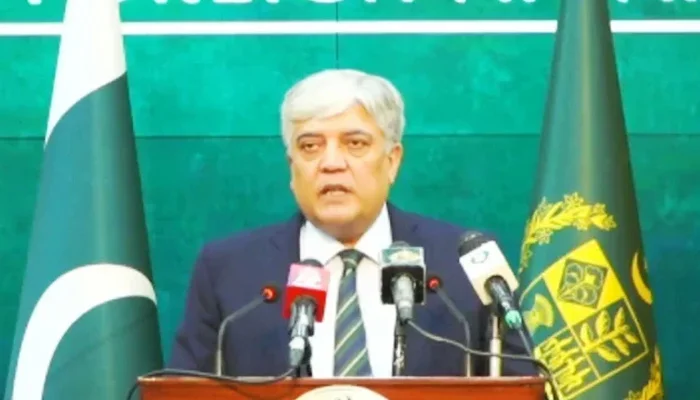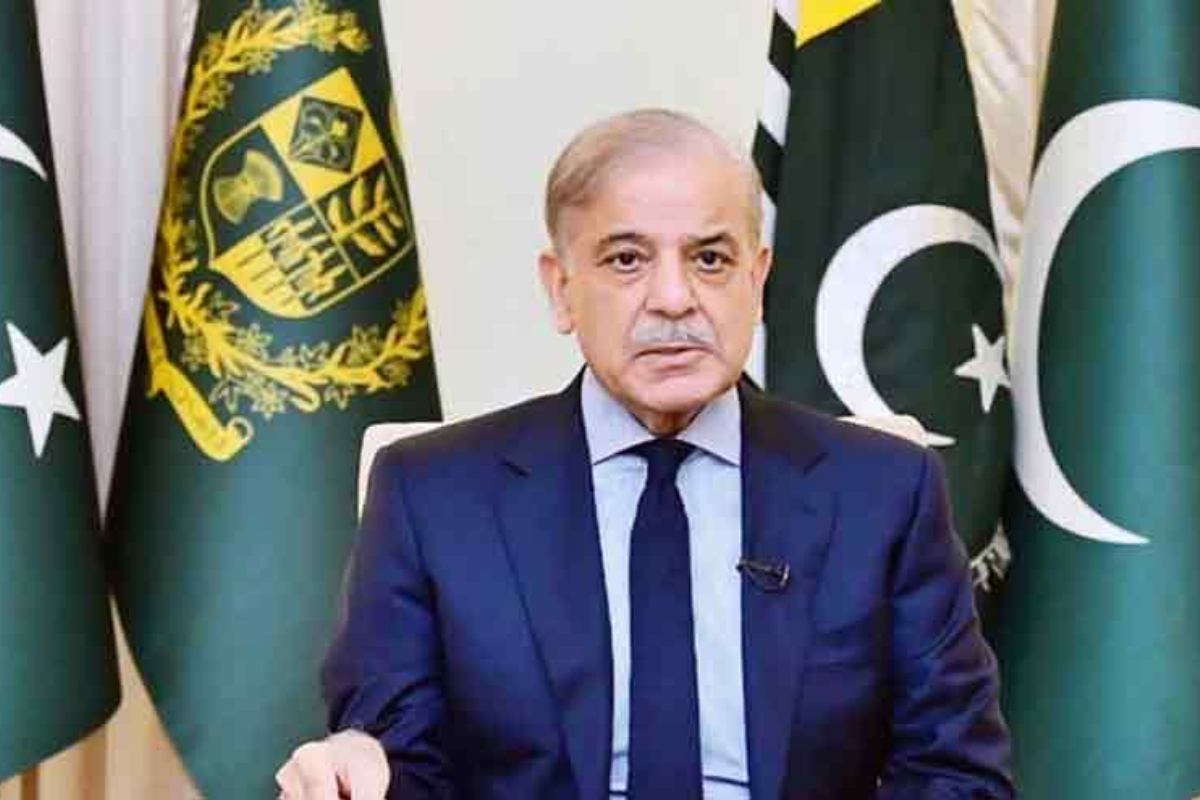More than 20 civilians were killed and dozens injured in a rare and deadly motorised paraglider assault by the Myanmar military on Monday night, according to Amnesty International and independent media outlets.
The attacks struck during a candlelight vigil held by local residents to mark a Buddhist festival and call for the release of political prisoners. According to reports, the assault came in two waves — first at 8:00 p.m. and again at 11:00 p.m. local time — targeting the village of Chaung-U in the embattled Sagaing Region.
Eyewitnesses and rights groups say the Myanmar military used motorised paragliders to drop munitions directly on civilians gathered in peaceful protest. The Irrawaddy, an independent news outlet based in Thailand, reported a death toll between 20 and 32 people, with dozens more injured.
The UN Human Rights Office has previously documented the military’s use of this airborne tactic against civilian targets.
“This was a deliberate, calculated assault on civilians exercising their right to peaceful assembly,” said Amnesty International’s Myanmar researcher, Montse Ferrer. “The international community must respond with more than condemnation — there must be consequences.”
Myanmar has been locked in a brutal civil war since the military coup in February 2021 ousted the democratically elected government. The conflict has resulted in more than 75,000 deaths and displaced over 3 million people, according to the United Nations.
Ethnic minority communities and regions like Sagaing — strongholds of armed resistance groups — have borne the brunt of military offensives. The military, known for its scorched-earth tactics and war crimes allegations, reportedly controls just 20% of the country. Armed opposition groups and ethnic forces now govern about 40%, with the remainder contested, according to a 2024 BBC analysis.
Despite lifting a state of emergency in July and promising elections by the end of the year, the military junta has drawn widespread skepticism from international observers. Critics, including the Japanese government, argue that elections without a peace process will only entrench further violence.
Human rights organizations have called for urgent intervention by global and regional actors, particularly ASEAN and the UN.






